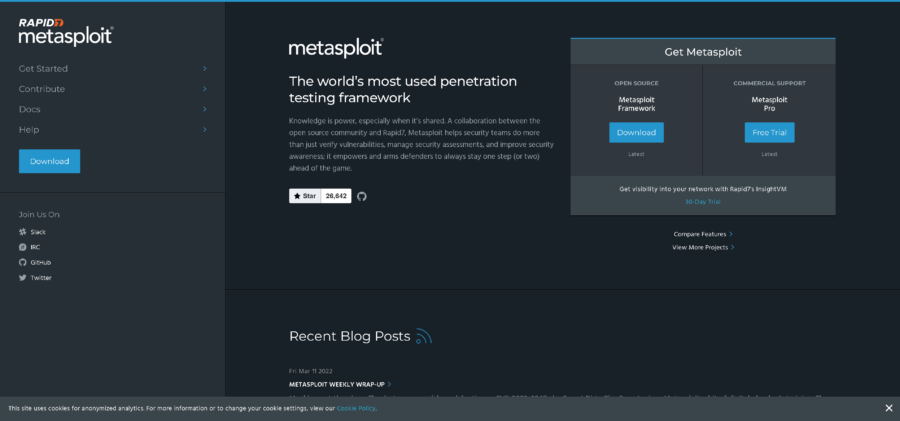Most large Digital Transformation programmes fail. Others are in their second or third year and still have yet to prove that they will deliver real outcome. Sometime.
Any initiative that leads to true transformation success starts small and lean. They quickly generate new revenue streams, competitive advantage and enhance the company’s adaptability to the forces of change.
I don’t say it is a bad thing to have a full-blown strategy. But before you start to back your digital transformation strategy with a large scale execution roadmap, remember:
The essence of strategy is choosing what not to do.
Let’s admit it. Nobody knows what’s coming.
Management is supposed to foresee the future. To predict how the world around us is transforming. That’s why at C-level and above people do everything to lower the risk of being wrong. Hire a major consulting agency. Develop a strategy paper. Consolidate budgets. Plan for the years they want to keep their seats.
I have been asked to help a team of consultants and managers estimate the technical FTEs for a large digital transformation programme in order to calculate a budget. “It depends on what we will really need in each phase. And on the skillset of the people.”, I said. “Just guess.”, they replied. I guessed. They doubled it. That’s reality.
Very few people accept the fact that nobody can possibly know what will happen.
And Digital Transformation is about continuous evaluation.
If we don’t adapt our way of working and our outcome expectations permanently according to the results of that evaluation, we might make progress in the light of our overall goal, but we don’t transform. Evaluation done properly helps to understand why we just cannot predict what will happen. And this is unique for every business. So every organisation needs to start doing in order to know.
One fundamental failure reason is that those responsible for the execution of the digital transformation roadmap want to prove that everything is going according to plan. Make the boss happy. Feedback is collected based on a set of leading questions. User quotes are cherry-picked for board presentations. Data contradicts conclusions. Nobody questions it. Next budget bucket gets released.
The “big plan” works well only as a framework for cover-your-ass tactics.
An old proverb says “wise people travel with light luggage”.
Worry about costs? Worry about reputation? There is a way to keep risks low. Do the following: Start a small little initiative. A cross-functional team of three to five people. Don’t make a big fuss about it. If you have proven success to yourself, create a little showcase. Next, build up a second team and start another small, lean initiative.
It might not be your first or your second attempt which gives you a showcase at your hand that works as a lighthouse project for the whole company. You will need such a showcase sooner or later in order to get the buy-in from everyone. But don’t ever ask for buy-in before you haven’t got something successful up and running. No matter how small it is.
No one knows in advance how to handle a big digital transformation programme. Important is to be able to scale as soon as you know what works.
Success might grow big. It doesn’t start big.
“The essence of strategy is choosing what not to do.” is a quote from Michael E. Porter’s article “What is strategy?” in HBR from 1996. I still find that text relevant.
By Roland Rust
(Republishing permission granted by Roland Rust/LinkedIn)





